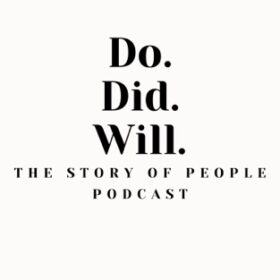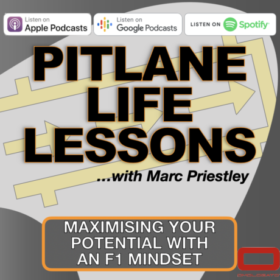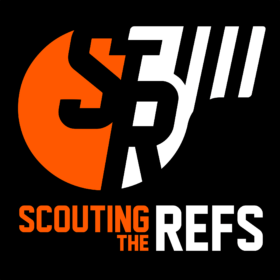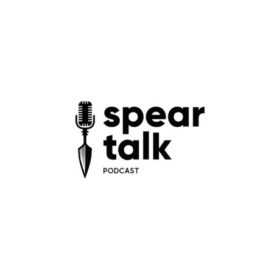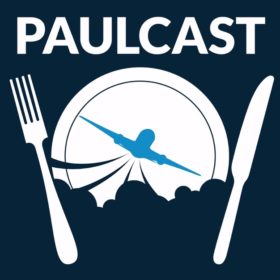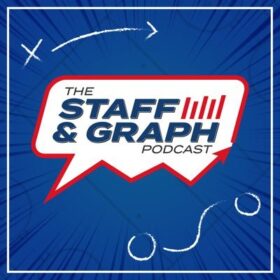

#085 Ben Reinhardt: How to Discover New Technology, Playing the Longest Game, and Philanthropy in Technology
jorginsons-soundbox
About the Episode
Topics:
(00:00:00) – Intro
(00:05:25) – Studying both Medieval History and Engineering
(00:09:48) – Founding Speculative Technologies
(00:11:25) – Defining “Useful” in Science and Technology
(00:13:46) – Building the roadmap of discoveries to unlock futuristic tech
(00:17:24) – The need for new institutions
(00:25:22) – Why focus on material science and manufacturing technologies
(00:46:57) – The day-to-day work and impact of Speculative Technologies
Links:
To support the costs of producing this podcast:
>> Buy a copy of the Navalmanack: www.navalmanack.com/
>> Buy a copy of The Anthology of Balaji: https://balajianthology.com/
>> Sign up for my online course and community about building your Personal Leverage: https://www.ejorgenson.com/leverage
>> Invest in early-stage companies alongside Eric and his partners at Rolling Fun: https://angel.co/v/back/rolling-fun
>> Join the free weekly email list at ejorgenson.com/newsletter
>> Text the podcast to a friend
>> Or at least give the podcast a positive review to help us reach new listeners!
Here’s what we explored in the episode:
- How studying history helps us see the present and the future more clearly.
- Ben’s vision is to work with founders who are not just chasing profits but are driven by the desire to solve meaningful problems.
- Most successful concepts emerge from multiple rounds of experimentation.
- As institutions evolve, gaps formed around important research that used to be funded by universities or R&D labs of corporations. Ben is building a non-profit to fill that gap.
- Ben shared why he chose to invest in startups rather than founding his own.
- Ben invests in “physics-enabled” startups that apply scientific principles to solve tough problems.
- For startups to be successful, there needs to be an alignment of motivations between investors and founders.
- Founders should approach investors with clarity about their vision and expect honesty and support in return.
- There are significant global issues that aren’t being addressed by startups and opportunity abounds.
- Leaders must build complementary teams where members fill each other’s gaps, particularly in technical and strategic expertise.
- There’s a need for effective communication to bridge gaps between technical experts and the broader public. (hopefully some of what we’re doing here!)
If you’re looking for non-profit causes for your philanthropic donations, SpecTech may be among the highest-leverage ways to advance human civilization through donations.
Important Quotes from the podcast on Business and Entrepreneurship
There is no skill called “business.” Avoid business magazines and business classes. – Naval Ravikant
You have to work up to the point where you can own equity in a business. You could own equity as a small shareholder where you bought stock. You could also own it as an owner where you started the company. Ownership is really important.
Everybody who really makes money at some point owns a piece of a product, a business, or some IP. That can be through stock options if you work at a tech company. That’s a fine way to start.
More episodes












